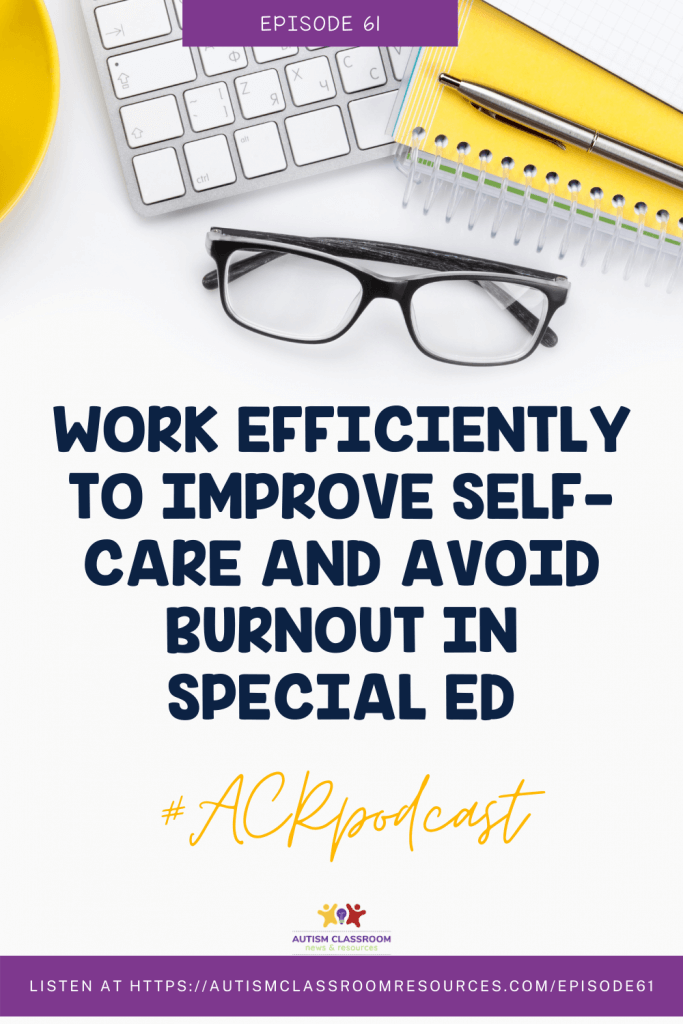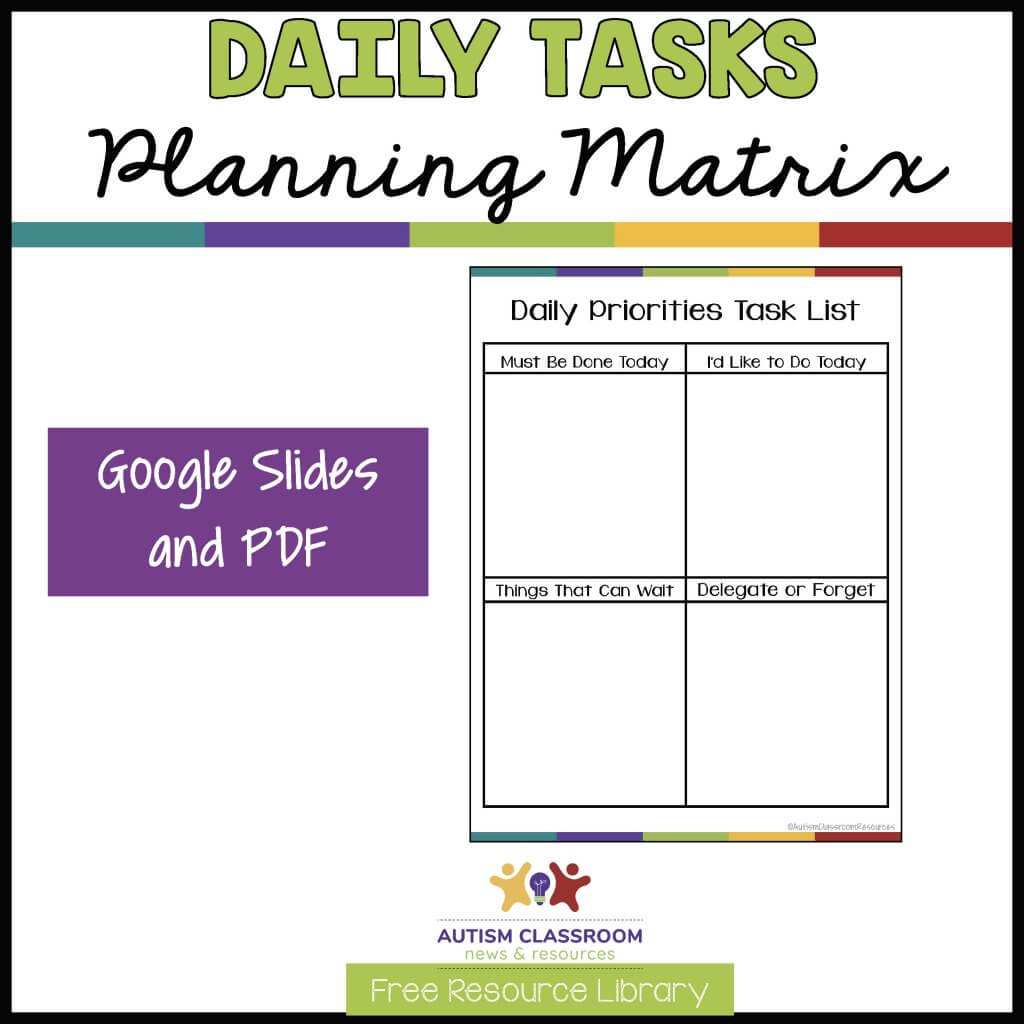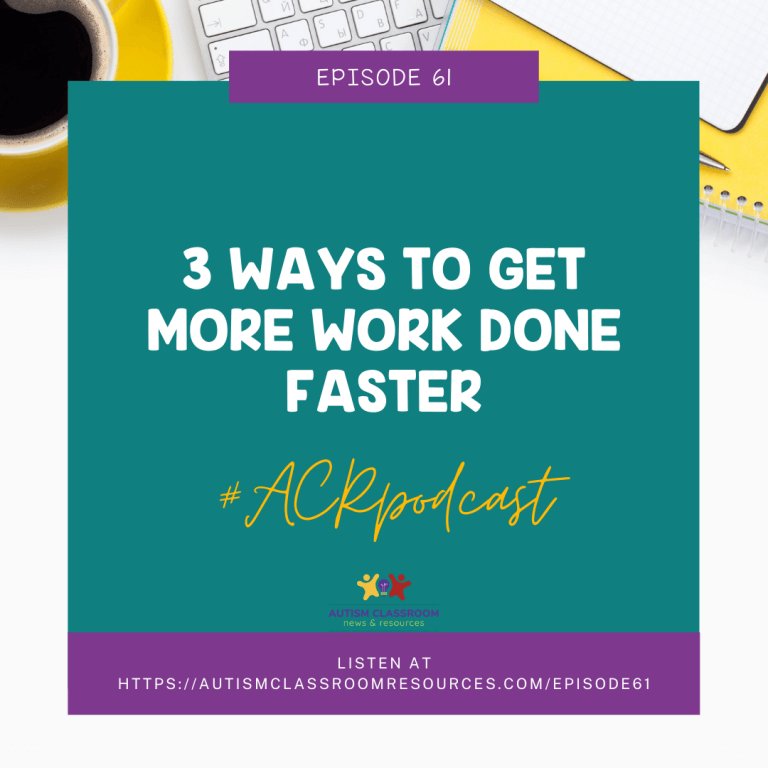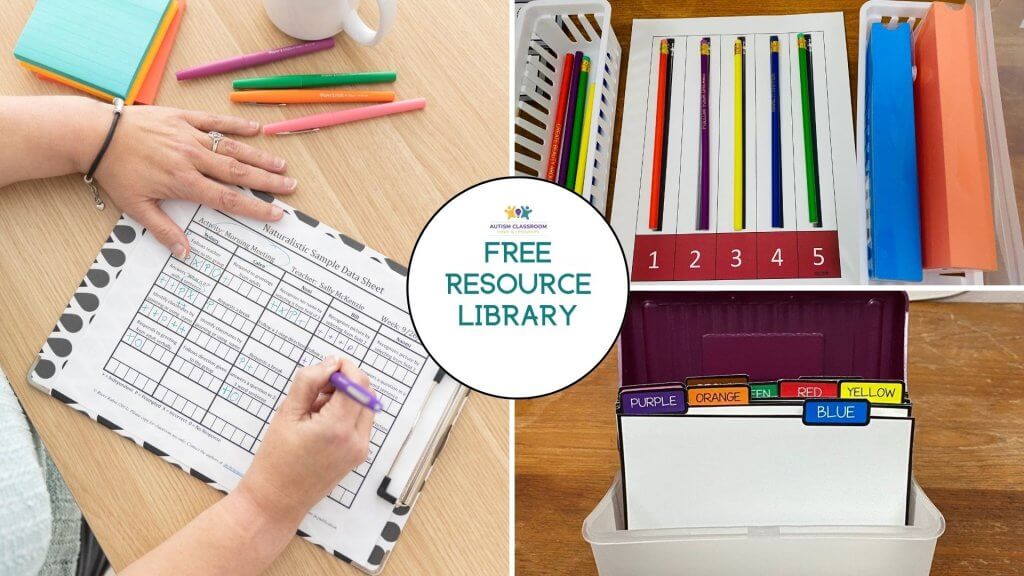If we have ever needed to improve work efficiency in the classroom, this year is it. So in this episode I’m going to talk about 3 ways that I’ve recently reminded myself of to help improve your work efficiency in your classroom. This is part of self-care. You can’t take care of yourself if you are overwhelmed by the demands.
And yet I know that many of you are like me. You want to do everything. And you can’t do everything. So we have to prioritize to what needs to be done. But we still need to get them done efficiently or doing 1 thing will take up all your time.
Does This Sound Like You?
Can you relate to the following descriptors or do you find yourself saying the following?
- You’ve been working on lesson plans for the last hour and you realize you haven’t finished day 1.
- You secretly hate to look at your to-do list because it just goes on for days.
- The list in your head of things your kids need is 5 times the things you wrote on your to-do list.
- Your work manages to take all of your free time, and you still feel like you aren’t done.
- Or you just feel frozen and don’t know where to start again to get things done?
If this sounds like you, hopefully these 3 strategies will remind you of how to increase your work efficiency.
3 Ways to Increase Your Work Efficiency (And Increase You Time)
Let me start by saying that I am in no way a productivity guru. In fact I have some pretty counterproductive strategies at times for getting work done. For instance, when I’m stressed about the amount of work I have, I tend to think buying a new planner will help. In reality it just distracts me; but it does make me feel better, oddly.
However, I am a pretty self-directed person and have run my own business for 10 years out of my home. But with the pandemic, I found myself getting off task so much more. When I thought about it, I realized that my work schedule in these 10 years has often been governed by trips. I used to be gone about every other week consulting in different states. And then my family and I would plan trips regularly.
Routines Change-Efficiency Changes
I realized recently that both of those sets of trips served as the impetus for me to get things done. I would set goals for what had to be done before I left on a trip. With the pandemic, all of that traveling was off the table. And I found myself watching my work expand to all my free time. It was taking me forever to get things done that I used to get done quickly. And I was staring at something for an hour and realizing I hadn’t made any progress.
Now some of this was the stress and distraction of the pandemic. But some of it is definitely the changes in the way I work. Without my regular routines and deadlines, work just expanded and I got less efficient. So I thought I would share some strategies I recently reminded myself about.
1. Set Hard and Fast Deadlines for Work Completion
The importance of setting hard and fast deadlines for increasing work efficiency is probably the biggest reminder I needed. Without my trips to urge me to finish work up before I left town, work just expanded to take over all the time I had.
I was reminded how important deadlines are, even when self-imposed, when I was getting ready for Thanksgiving. I wanted to make sure I was able to take some days off and just relax away from work. So I set my deadline that podcasts, blog posts, videos, newsletters etc. would be finished before Thursday. And I was amazed at how much faster I managed to do everything. Suddenly I was superproductive….because I had a deadline.
Classroom Productivity Context
So, in the context of the classroom, set yourself deadlines for specific tasks. You can plan them out on a calendar or keep them in your head. The organizational system isn’t important. What is important is having a specific deadline in mind when this task must be finished. Figure out how long you think it will take and set your deadline just after that time. Because we all know that everything takes longer than we think it will.
Don’t Forget the Carrot
If you can add a little incentive into completing the work by the deadline, that helps too. Mine was to have a day or days where I didn’t have to pick up my computer. Yours might be a glass of wine or time to watch your daughter play. That motivator isn’t just something we need to use for our students.
Add an Accountability Buddy
Finally, if you have difficulty holding yourself to deadlines, get yourself an accountability buddy. Find a fellow educator or just a friend/family member. I have an accountability buddy in my family who thinks I work all the time…so when I commit to taking time off, they remind me.
Team members can also be good for accountability. Knowing that what I’m doing makes a difference in whether others get to cross them off their list, really helps keep me on track. So if you have things to delegate to paraprofessionals, set deadlines for that. Then they are planning on when they can get them done, and you are accountable to them. And if you don’t delegate, check out this post for why and how you should.
2. Routines Improve Work Efficiency
After years of almost constant traveling, one of the things that amazed me most when I stopped consulting and the traveling decreased was how much having a set routine can help with work efficiency. Knowing that I’m writing a newsletter on a certain day each week, or planning my time around days I video content for the Special Educator Academy means I only worry about them during those times. And that helps set up deadlines for activities by blocking them out in my calendar.
Scheduling specific planning periods or times for accomplishing certain tasks is a great way to set deadlines. It’s how I got my dissertation finished. I had a friend working on hers. And one night every week, we got together to work on our dissertations. I wasn’t in school anymore and had a full time job. I’m not sure I would have finished it without her and our dissertation dinners.
Setting Routines for Classroom Work
I tell this story regularly when I train about Taming the Data Monster. Analyzing your data is critical to make use of it well. But finding time to analyze and review it is often one of the first things that falls off our list of things to do. And you end up doing it the night before progress reports are due. Not only does that lead to tons of stress, but it can be problematic if there is a problem with student progress.
One of the solutions we came up with in one school was creating Data Thursday. On Thursday there were no IEPs or staff meetings scheduled. And everyone in the building was working on analyzing data every Thursday during planning time.
Now, obviously that was a solution for an all-special ed school. But you can do the same thing as a teacher. Set aside 1 afternoon a week and protect it. Then use it for analyzing your data (or doing your newsletter or writing your lesson plans). Set a time limit on the time you set up, though, so you have a deadline.
3. Plan Realistically
Oh, this is so much the hardest one for me. I always have so many things I want to do and think I can do. And then I get frustrated because I can’t get them all done. Many times, it’s a feeling that everything HAS to be done. But guess what….you don’t have to do all the things.
And frankly, right now in the present situation of crisis teaching, you can’t do all the things. If you still think it’s a normal year or that you are the only one feeling overwhelmed, this article might help.
Categorize and Prioritize
So, the first step is to categorize what you must do vs. what would be nice to do. For instance, it would be great to create new file folder activities and cut and laminate them. But, if you don’t have your lessons planned for the next day, that’s more important than new tasks.
Potential Organization Systems
I like to organize my tasks by what’s known as the Eisenhower Matrix that my planner uses. It’s simple and has me put tasks into 4 categories. But I redefined and simplified the categories. Mine are:
- Must be Done Today,
- I’d Like to do Today,
- Things That Can Wait,
- Delegate or Forget.
Whatever system you use, it’s important to set reasonable goals for yourself that fit your day. For instance, I schedule so that I don’t have any tasks involving concentration on a day that I have a whole day of recording video training. I’m just too exhausted for that to be realistic. But that means that I have to plan accordingly to put things I need to do on other days when I’ll have more energy to attend to them. And that puts a deadline on it as well. Grab the free matrix in the Resource Library.
Final Thoughts on Improving Work Efficiency
I realize that, to some degree, all 3 of these tips require some advance planning. And I get that the planning takes more time. But if you have followed me for a while, you know that I feel like the time we spend planning to set up the classroom makes the year easier overall. My new favorite quote is:
Well begun is half done.
Mary Poppins
But it has to be planning that is meaningful and functional. It can’t be planning for planning’s sake. If you aren’t able to work your plan, fix the plan. Don’t think it means working harder.
Self-Care is Part of Work Efficiency
And just a final thought on improving work efficiency in your classroom. Take care of yourself. Cut yourself some slack. When it comes to work, I would say I’m pretty hard on myself. I expect a lot of myself. So much so that I used to tell my employees, to do as I say (i.e., take time off) not as I do (i.e., working 15 hour days). So when I am overwhelmed, I try to stop and think about what I would say to a friend or a colleague who was in this situation. Chances are I would tell them to give themselves a break. I likely would tell them to take time for themselves.
All of what I’ve talked about here today is applicable to any year. But this year, you need to be especially kind to yourself. Burnout is real. And if you are feeling it, you need to take more time for yourself and find what helps you slow down. You need to grant yourself the grace to take care of yourself. Because if you don’t have your oxygen mask on…you can’t help your students or yourself.
